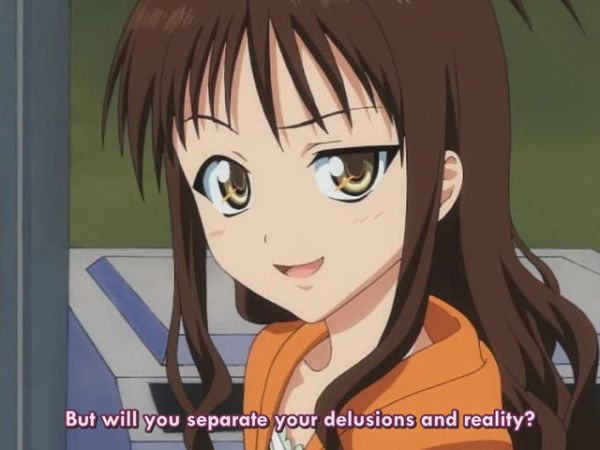
“But will you separate your delusions and reality?” That is what I mean by scanning for heresies. Heresies are delusions in the spiritual.Â
I have enjoyed reading Schuon, but I notice one problem when reading someone so high, high above me: I can’t automatically scan for heresies, as I normally do.
See, one needs to be careful about what one feeds the soul. It is one thing when you know something is not even meant to be true, but when someone claims to tech eternal and absolute truth, it is necessary to scan for heresies. There are two different main types of heresies that I watch out for when reading religious or spiritual books: Universal heresies, and specific heresies.
By universal heresies I mean teachings that cannot possibly be true in any systematic religion. Transposing good and evil, of course, but also transposing cause and effect, important and unimportant. The latter of this triad can easily become established within a religion and corrupt it, as when a powerful faction of the Jews at the time of Jesus became obsessed with tithes and forgot righteousness and mercy. This is a risk even today. Any church that talks more about money than mercy should cause a well-read Christian to flee for his life, don’t you think?
But in addition to the universal heresies, a follower of a particular religion must scan for the boundaries of his own tradition. Certainly Schuon himself is convinced that there can be no piety outside of a sacred tradition. You cannot just mix and match from the spiritual supermarket, picking the parts you like from every faith on earth. Say you like Judaism but you also like bacon, so you pick the “no eating cows” from Hinduism to replace the “no eating pigs” from Judaism. That is not how it works. This is also a form of heresy. The different parts of each religion and tradition are made to fit together.
To take an example closer to home, when I read about reincarnation, this is not a universal heresy. It is an essential part of most religions (including esoteric Judaism, it seems) but is downplayed to almost nothing in Christianity. Jesus mentioned that “if you will believe it”, John the Baptist was the Elijah who should come. We know from the gospel that John advanced “in the spirit and power of Elijah”, in other words it was the spirit of Elijah which was reincarnated, not the personality and memories. Christianity has generally denied, or at least refused to mention, reincarnation of souls. And with good reason, for this is a topic easily misunderstood and which could easily dishearten people.
So when I read about reincarnation, if it is done well, it is not a universal heresy, but it is very much a heresy as applies to Christianity. Â I have to filter out such things as applies to myself and the nourishment of my own soul, although it can be stored as a knowledge that is relevant to others. To use an image, having hands is very valuable and most monkeys have four of them, but on a human that would not be good at all! Even if something is good for others, it would be disastrous for us.
At the very least, going on about reincarnation in a Christian book would commit the heresy of making important something that is unimportant (to Christians). Right now, I could explain why it is unimportant to us specifically (and also to the Pure Land sect of Buddhism). But this is beyond my pray grade. If I write it down, I will not be allowed by my heart to upload this entry either, just like the one yesterday.
But there is also a third form of heresy, in a manner of speaking, different in nature from the first two. The first two, universal and specific or local, are heresies that could be transmitted to me from the author, who either is infected with them himself or has them slip into his book because he goes beyond his pray grade, as I am apt to do unless I catch myself. When one operates at the edge of what one knows, it is easy for something to slip in.
But conversely, when one READS at the edge of what one can understand, there is also the risk that heresy may slip in on OUR side. We take pride in being able to read high-level texts, but if we lack the knowledge base (and particularly experience), we may misunderstand what is said and not even notice. This is mentioned in the Bible, in the second letter from Peter, in chapter 3, about “our dear brother Paul”: “His letters contain some things that are hard to understand, which ignorant and unstable people distort, as they do the other Scriptures, to their own destruction.”
If Paul is dangerous to the “ignorant and unstable”, rest assured that Frithof Schuon is also. To mind come the awesome scientists, Marie and Pierre Curie, who discovered radium. They were fascinated by this new stuff and would look at how beautifully it glowed in the dark. Then they died horribly from the radiation. There is the risk that this could happen to me if I am careless with Schuon.
